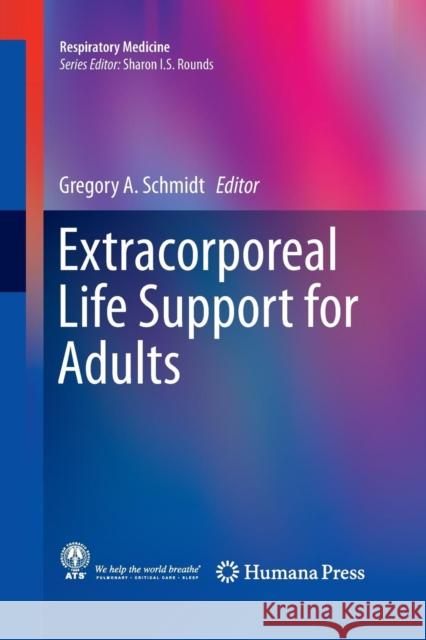Extracorporeal Life Support for Adults » książka
topmenu
Extracorporeal Life Support for Adults
ISBN-13: 9781493945054 / Angielski / Miękka / 2016 / 269 str.
Kategorie BISAC:
Wydawca:
Humana Press
Seria wydawnicza:
Język:
Angielski
ISBN-13:
9781493945054
Rok wydania:
2016
Wydanie:
Softcover Repri
Ilość stron:
269
Waga:
0.40 kg
Wymiary:
23.39 x 15.6 x 1.52
Oprawa:
Miękka
Wolumenów:
01
Dodatkowe informacje:
Wydanie ilustrowane











